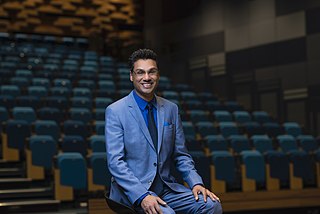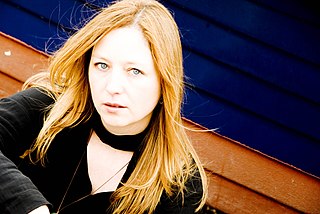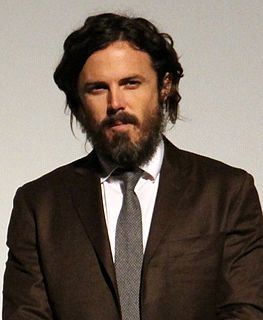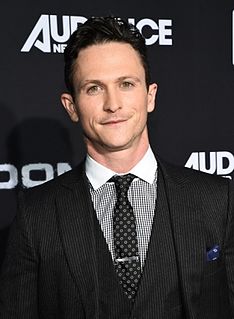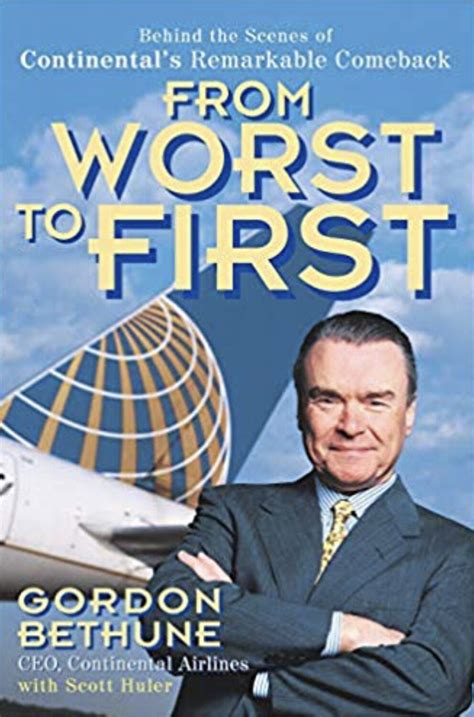A Quote by Nirmalya Kumar
What the global delivery model allows is, it allows you to take previously geographically core-located tasks, break them up into parts, send them around the world where the expertise and the cost structure exists, and then specify the means for reintegrating them.
Related Quotes
That is the injustice of a woman's lot. A woman has to bring up her children; and that means to restrain them, to deny them things they want, to set them tasks, to punish them when they do wrong, to do all the unpleasant things. And then the father, who has nothing to do but pet them and spoil them, comes in when all her work is done and steals their affection from her.
When I auditioned actors I never make them act. I choose a long symphony, then I tell them to sit down and I play the symphony for them. Then I sit and I look at them. I always pick a piece of music that has up and downs, very dramatic parts, very quiet parts and really sensitive parts so that it can produce different emotions.
There's plenty of boys that will come hankering and gruvvelling around when you've got an apple, and beg the core off you; but when they're got one, and you beg for the core, and remind them how you give them a core one time, they take a mouth at you, and say thank you 'most to death, but there ain't a-going to be no core.
We are often told we are materialistic. It seems to me, we are not materialistic enough. We have a disrespect for materials. We use it quickly and carelessly. If were genuinely materialistic people, we would understand where materials come from and where they go to. But, at the moment, the entire global economy seems to be built on the model of digging things up from one hole in the ground on one side of the earth, transporting them around the world, using them for a few days, and sticking them in a hole in the ground on the other side of the world.
You tell them what a happy ending consists of, which is always individual success. You tell them that nothing irrational exists in this world, which is a lie. You tell them that conflict only exists only to be neatly resolved, and that everyone who is poor wants to be rich, and everyone who is ill wants to get better, and everyone who gets involved in crime comes to a bad end, and that love should be pure. You tell them that despite all this they are special, that the world revolves around them.
It seems that other parts of the world ought to be concerned about what we think of them instead of what they think of us. After all, we're feeding most of them, and whenever they start rejecting 25 cents of each dollar of foreign aid money that we send to them, then I'll be concerned about their attitude toward us.
What it means to be human is to bring up your children in safety, educate them, keep them healthy, teach them how to care for themselves and others, allow them to develop in their own way among adults who are sane and responsibile, who know the value of the world and not its economic potential. It means art, it means time, it means all the invisibles never counted by the GDP and the census figures. It means knowing that life has an inside as well as an outside. And I think it means love.
Most people carry that pain around inside them their whole lives, until they kill the pain by other means, or until it kills them. But you, my friends, you found another way: a way to use the pain. To burn it as fuel, for light and warmth. You have learned to break the world that has tried to break you.
We need to take information, wherever it is stored, make our copies and share them with the world. We need to take stuff that's out of copyright and add it to the archive. We need to buy secret databases and put them on the Web. We need to download scientific journals and upload them to file sharing networks... With enough of us, around the world, we’ll not just send a strong message opposing the privatization of knowledge - we’ll make it a thing of the past. Will you join us?
I started a nonprofit called The Pegasus Fund, and we take top-performing students from underserved communities, and we commit to sending them for three summers to a nonacademic, holistic summer camp as a means to help them acclimate socially, geographically, spiritually to pilot secondary schools that they hope to attend.
When you actually take the time to go over to somebody's office and personally thank them - whether their office is in a cockpit of an airplane, or in a break room - that's an actual manifestation of interest in them. You need to take the time to show the people around you who work for you that you're interested in them.
We buy things. We wear them or put them on our walls, or sit on them, but anyone who wants to can take them away from us. Or break them.
...
Long after he's dead, someone else will own those stupid little boxes, and then someone after him, just as someone owned them before he did. But no one ever thinks of that: objects survive us and go on living. It's stupid to believe we own them. And it's sinful for them to be so important.
